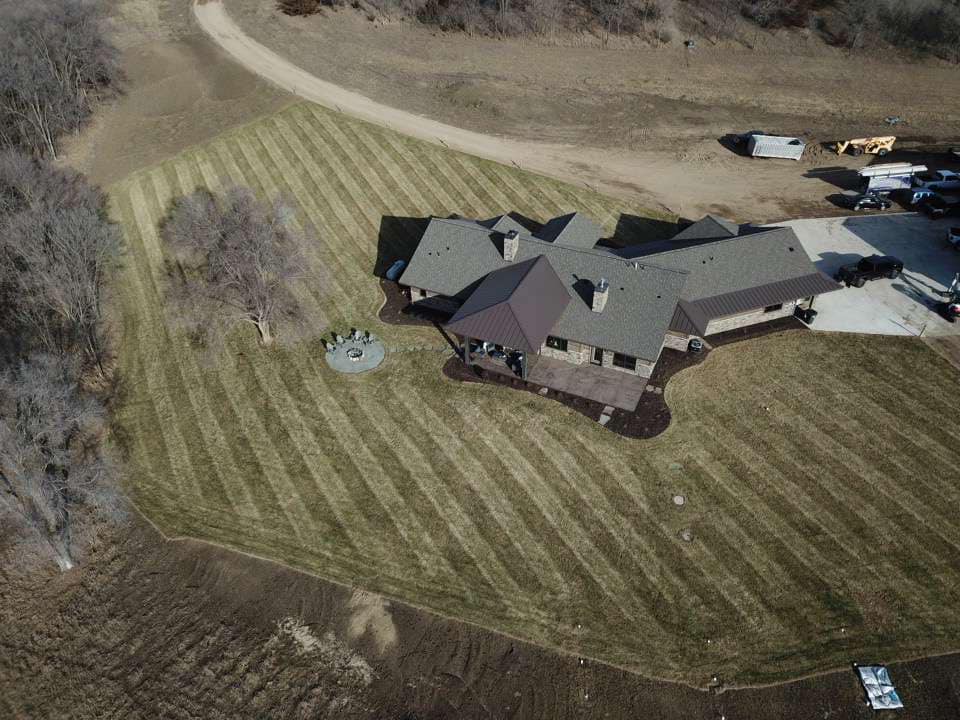
The Art of Sustainable Landscaping: Eco-Friendly Tips for a Greener Lawn Aug 16, 2025
At the heart of sustainable landscaping is the principle of working with nature, rather than against it. Start by considering what plants will thrive in your local climate without requiring excessive watering or chemical intervention. Native plants are a great choice, as they are naturally adapted to the local conditions and provide food and habitat for local wildlife. Incorporating a variety of plants, including trees, shrubs, perennials, and grasses, promotes biodiversity and a healthier ecosystem in your yard.
Water conservation is another crucial component of eco-friendly landscaping. Traditional lawns can require vast amounts of water, but there are ways to reduce this demand. One effective technique is the installation of a rainwater harvesting system, which collects and stores rainwater for later use. This not only conserves water but also reduces your utility bills. Additionally, consider installing a drip irrigation system, which delivers water directly to the plant roots, minimizing waste.
The choice of lawn covering also plays a significant role in sustainability. Opt for drought-resistant grass varieties that require less water or consider alternative ground covers altogether. Clover, for example, is an excellent substitute for traditional grass, requiring less water and maintenance while naturally improving soil health with its nitrogen-fixing properties.
Chemical fertilizers and pesticides can harm the environment and deplete soil health over time. Instead, adopt organic lawn care practices. Use compost and natural mulch to enrich the soil, enhance plant growth, and suppress weeds. The addition of mulch helps retain soil moisture, minimize erosion, and provide essential nutrients as it decomposes. Composting and mulching are simple yet effective ways to maintain a healthy lawn without resorting to harmful chemicals.
Incorporating hardscaping elements can further enhance the sustainability of your outdoor space. Stone pathways, permeable pavers, and gravel can reduce the amount of grass area, lowering maintenance and water use. When designing hardscapes, opt for locally-sourced materials to minimize environmental impact from transportation.
An essential part of sustainable landscaping is understanding the biodiversity of your yard and creating habitats for local wildlife. By including a mix of flowering plants, you can attract pollinators like bees and butterflies. Bird feeders and bird baths will invite avian friends, contributing to a balanced and lively environment.
Finally, regularly maintain your sustainable landscape. Consistent upkeep, such as weeding, pruning, and monitoring for pests, helps ensure the health and longevity of your plants. Regular care also allows for early detection of issues, minimizing the need for extensive corrective measures.
The journey to sustainable landscaping is both rewarding and beneficial to the environment. By incorporating these eco-friendly practices, you'll enjoy a lush, vibrant yard while playing a vital role in preserving natural resources. Wurm Lawn and Landscape is here to assist you every step of the way as you transform your outdoor space into a sustainable haven that reflects your commitment to a greener future.
/filters:no_upscale()/media/2d379b30-a41f-47b9-97b6-72ad368f3e1d.jpeg)